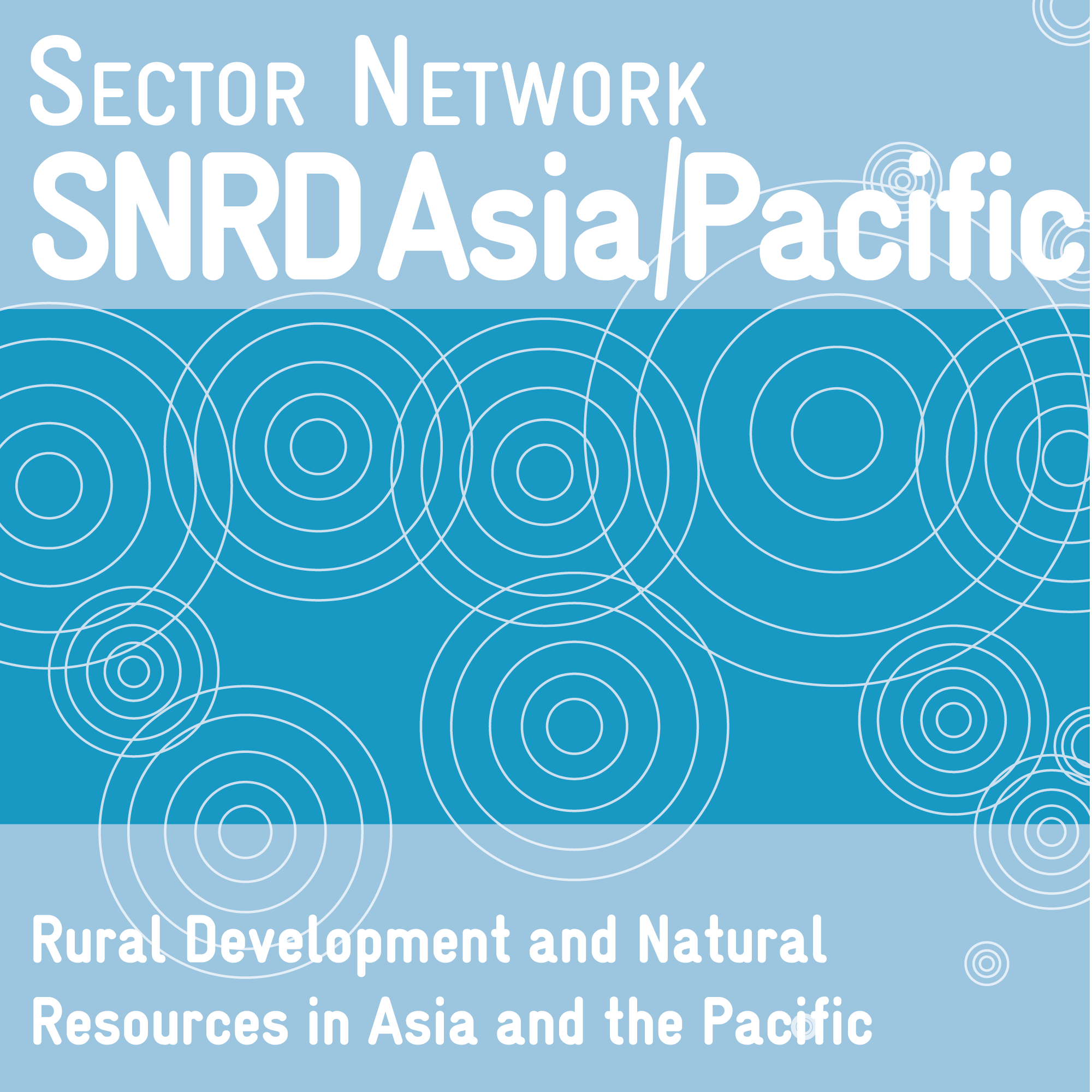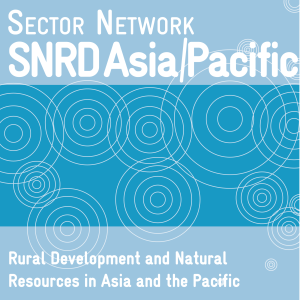By Dorpaima Lumban Gaol, Technical Adviser, GRASS

Kapuas Hulu, West Kalimantan is home to large rainforests with high biodiversity. However, the expansion of oil palm plantations in the region increasingly threatens these ecological resources. The district is witnessing a conversion from natural rubber to oil palm cultivation by corporations and smallholder farmers. This adversely affects gender roles, as women who previously played a significant role in natural rubber cultivation find themselves marginalized in the male-dominated oil palm sector.
To enhance sustainability in smallholder oil palm cultivation, the promotion of women’s economic inclusion and diversification of farm production are vital. Beekeeping has the potential to empower women and support ecosystems without reducing land available for oil palm cultivation.
Against this background, GIZ GRASS (Greening Agricultural Smallholder Supply Chains) is collaborating with Göttingen University to test beekeeping as a complementary economic activity for 150 women in two sub-districts of Kapuas Hulu.
Led by Charlotte Reich, a researcher from Farm Management at the University of Göttingen, and with technical assistance and logistical support from the GRASS project, this initiative also works together with local academic institutions, such as PDD Politeknik Negeri Kapuas Hulu and the Forestry Faculty of Tanjung Pura. The project will be undertaken from 2024 to the end of 2025.
To learn more about the initiative, please take a look at the fact sheet here.
Link to Further Materials
–
Contact Person
Key Buzzwords
#GRASSProject #Beekeeping #ResilientNature #SmallholderFarmers #Conservation #Indonesia


